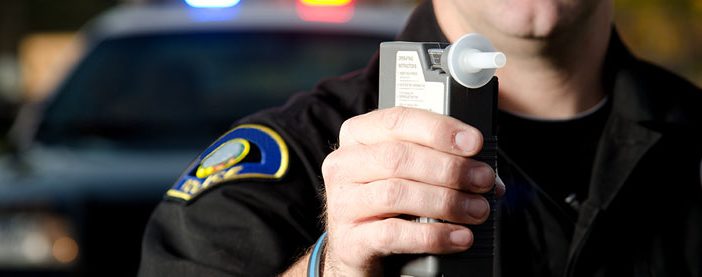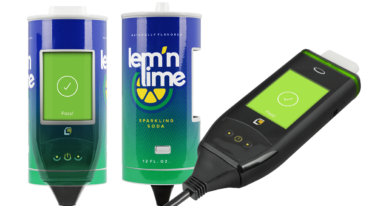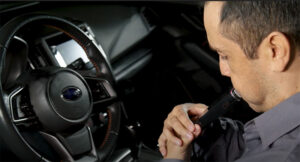
Can You Refuse A Breathalyzer Test?
According to the National Highway Traffic Safety Administration, fatalities from drunk driving have gone down by about one-third over the last decade, but drunk driving still remains a significant problem. Over 10,000 people die in drunk driving incidents every year in the United States, and about 29 people die in alcohol-impaired vehicle crashes every single day.
Many states enforce strict laws that aim to discourage drunk driving and prevent deaths, injuries, and damage to property that may result from alcohol-impaired crashes. One of the most prominent tools used by law enforcement is the breathalyzer, which can measure your blood alcohol concentration and determine if you have exceeded the legal limit of 0.08. Many people are misinformed about what you should do when you face a breath test and what happens if you refuse a breathalyzer test, and states have different regulations on the issue. Read on to find out more.
Implied Consent Laws
All states have implied consent laws in place to ensure that people do not refuse a breathalyzer test. Implied consent laws essentially state that, by owning a driver’s license within that state, you automatically give an officer of the law permission to administer a chemical breathalyzer test if they suspect that you are driving under the influence of alcohol.
By refusing a breathalyzer test, you are breaking the implied consent laws and may suffer a suspension and other penalties depending on the state. Implied consent laws are also separate from a DUI, DWI, or other drunk driving charges, so even if you are found not guilty of a DUI in a criminal court, you will still have to serve any penalties from refusing the chemical breath test.
No-Refusal Enforcement
Other states may also enforce no-refusal laws to further discourage driving under the influence. If you refuse to take a breathalyzer test, a no-refusal law essentially allows police officers to obtain a quick warrant to force you to submit. This can ultimately lead to increased fines, contempt charges, and a forced blood draw at the police station. Some states or smaller jurisdictions will only enforce this law on weekends, leading to “no refusal weekends.”
Why You Should Submit to a Breathalyzer
Generally, things are stacked against you when it comes to refusing a breathalyzer test. In most states, the penalties are much more severe for refusing a test than outright failing a test. For example, in California, failing a test may lead to a suspension of four months, while refusing the test may lead to a suspension of a whole year. This essentially incentivizes drivers to always take the breathalyzer test.
What about those people who are worried because they have only had one drink? Many people distrust breathalyzers and may be worried that even having a small amount of alcohol in their systems may throw off the device and lead to you getting wrongfully arrested for a DUI. The fact is, breathalyzers are carefully calibrated and false positives are incredibly rare if you truly had just one drink. It’s in your best interest to consent to the test, show that your BAC is well below 0.08, and go on your way instead of refusing and getting an automatic suspension.
In the more common case, if you drank several alcoholic beverages and got pulled over, you should still consent to a breathalyzer test. Even if you refuse, the police officer can still potentially charge you with a DUI based on other forms of evidence, like a typical field sobriety test, swerving on the road, smelling alcohol on your breath, and other observations. In some states, refusing to take a breathalyzer test can actually be used as evidence against you in a trial. All of this on top of the penalties for refusing in the first place.
Can you refuse a breathalyzer? It’s absolutely within your rights as a person to refuse a chemical breathalyzer test. The more important question is “should you refuse a breathalyzer,” and judging by the laws in place and potential penalties, it’s almost always better to consent to a breath test.
To learn more about our Low Cost Interlock car breathalyzers, please contact our customer service today.


